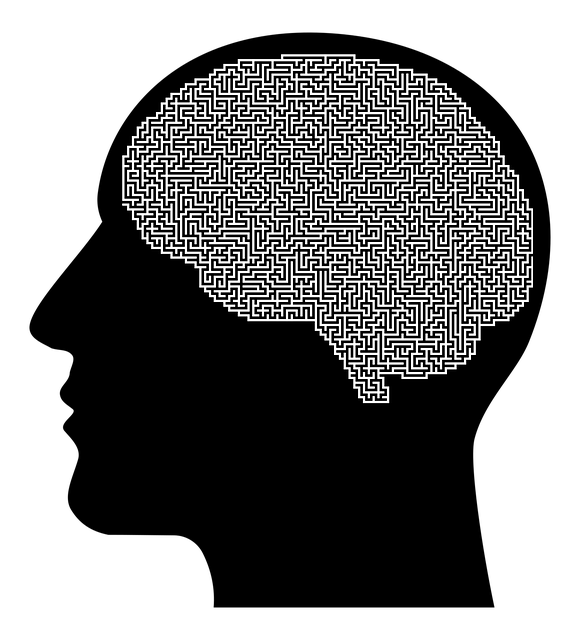Denver EMDR therapy presents a promising direction for mental health policy by highlighting evidence-based practices like Eye Movement Desensitization and Reprocessing (EMDR) as powerful tools. Integrating this approach into policy discussions can lead to innovative solutions, such as wellness coaching programs, empowering individuals to manage their emotional well-being effectively. Denver's commitment to alternative treatments contributes to a compassionate community with improved accessibility and affordability of quality mental health services. As a result, the city becomes a hub for progressive mental health care featuring Denver EMDR Therapy.
“Unveiling the Potential of Denver EMDR Therapy: A Mental Health Policy Analysis and Advocacy Journey
This comprehensive article delves into the transformative power of EMDR therapy within the context of Denver’s mental health landscape. We explore the significance of mental health policy, its local implications, and the unmet needs in access to specialized treatments like EMDR. Through a strategic analysis, we uncover ways to advocate for policy changes, engaging key stakeholders to implement EMDR as a standard therapy option, ultimately enhancing mental wellness in Denver.”
- Understanding Mental Health Policy: The Denver EMDR Therapy Context
- – Definition and importance of mental health policy
- – Overview of EMDR therapy and its relevance in Denver
Understanding Mental Health Policy: The Denver EMDR Therapy Context

Mental Health Policy: A Denver EMDR Therapy Perspective
In the context of Denver EMDR therapy, understanding mental health policy is crucial for fostering effective treatment and advocating for improved healthcare systems. Eye Movement Desensitization and Reprocessing (EMDR) therapy is a well-researched approach that leverages compassion cultivation practices to help individuals process traumatic memories and enhance emotional regulation. This therapeutic method has gained recognition globally, including within the Denver community, as a game-changer in addressing complex mental health challenges. By integrating EMDR into policy discussions, there’s an opportunity to develop innovative solutions that prioritize mental wellness coaching programs. Such programs can empower individuals to take charge of their emotional well-being and navigate life’s struggles with enhanced resilience.
The focus on Denver EMDR therapy highlights the city’s commitment to exploring alternative therapeutic modalities. This approach aligns with broader efforts to move beyond traditional treatments, embracing evidence-based practices that cater to diverse mental health needs. Moreover, it underscores the importance of policy advocacy in ensuring accessibility and affordability of quality mental health services, ultimately contributing to a more compassionate and resilient community.
– Definition and importance of mental health policy

Mental health policy refers to a set of guidelines and regulations designed to improve access to mental health services, promote community support, and reduce the stigma associated with mental illness. It encompasses various initiatives, from funding for treatment to educational programs aimed at fostering understanding and empathy. The importance of these policies cannot be overstated; they serve as a framework that guides the allocation of resources, ensures quality care, and advocates for the rights of individuals living with mental health conditions. In cities like Denver, where EMDR therapy and other innovative treatments are available, robust mental health policy can further enhance accessibility and outcomes for those seeking support.
Beyond ensuring adequate services, mental health policy plays a pivotal role in shaping public perception and fostering inclusive communities. Stigma reduction efforts, often integrated into these policies, focus on improving communication strategies to encourage early intervention and continuous care. By addressing the social determinants of mental health, such as stress management and access to educational resources, policies can create an environment where individuals feel empowered to seek help without fear of judgment or discrimination, thereby promoting overall well-being in communities like Denver’s diverse population.
– Overview of EMDR therapy and its relevance in Denver

In the vibrant landscape of Denver, EMDR (Eye Movement Desensitization and Reprocessing) therapy has emerged as a powerful tool in the pursuit of mental health and emotional well-being promotion techniques. This innovative approach, developed to help individuals process traumatic memories and reduce symptoms of anxiety and post-traumatic stress disorder (PTSD), has gained significant traction among Denver’s diverse community. By facilitating the brain’s natural healing process, EMDR therapy helps clients work through past traumas, offering a transformative path towards anxiety relief and enhanced emotional resilience.
Denver’s unique demographic makeup necessitates accessible mental health services, and EMDR therapy caters to various cultural backgrounds and personal experiences. The city’s thriving mental health community includes organizations dedicated to stress management workshops, where EMDR is often integrated as an effective technique. These workshops empower individuals with practical tools for coping with life’s challenges, fostering a sense of agency over their emotional well-being. Through specialized treatment and community support, Denver residents are discovering new avenues for personal growth and improved mental health using EMDR therapy.
Mental health policy advocacy is crucial for creating a supportive environment, such as the Denver context where EMDR therapy plays a pivotal role. By understanding the impact of policy decisions on access to quality care, like EMDR, we can drive positive changes. The collaboration between mental health professionals and policymakers is essential to ensure that innovative treatments, like EMDR, are readily available for those in need across Denver and beyond.














